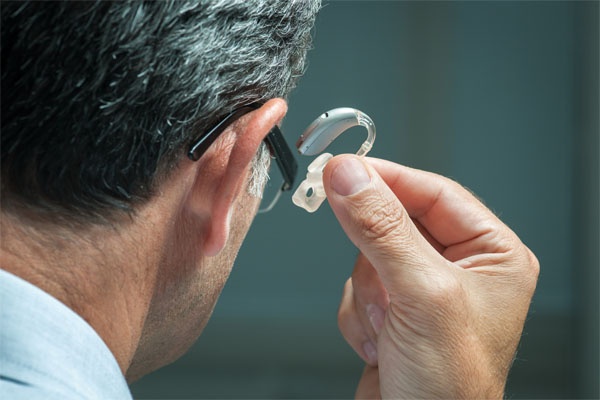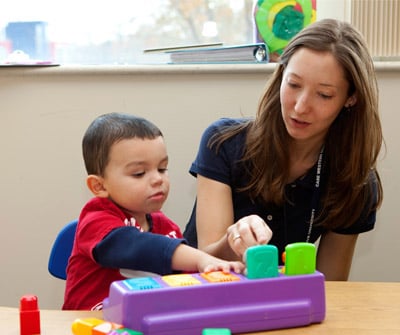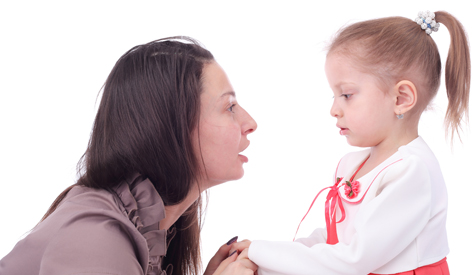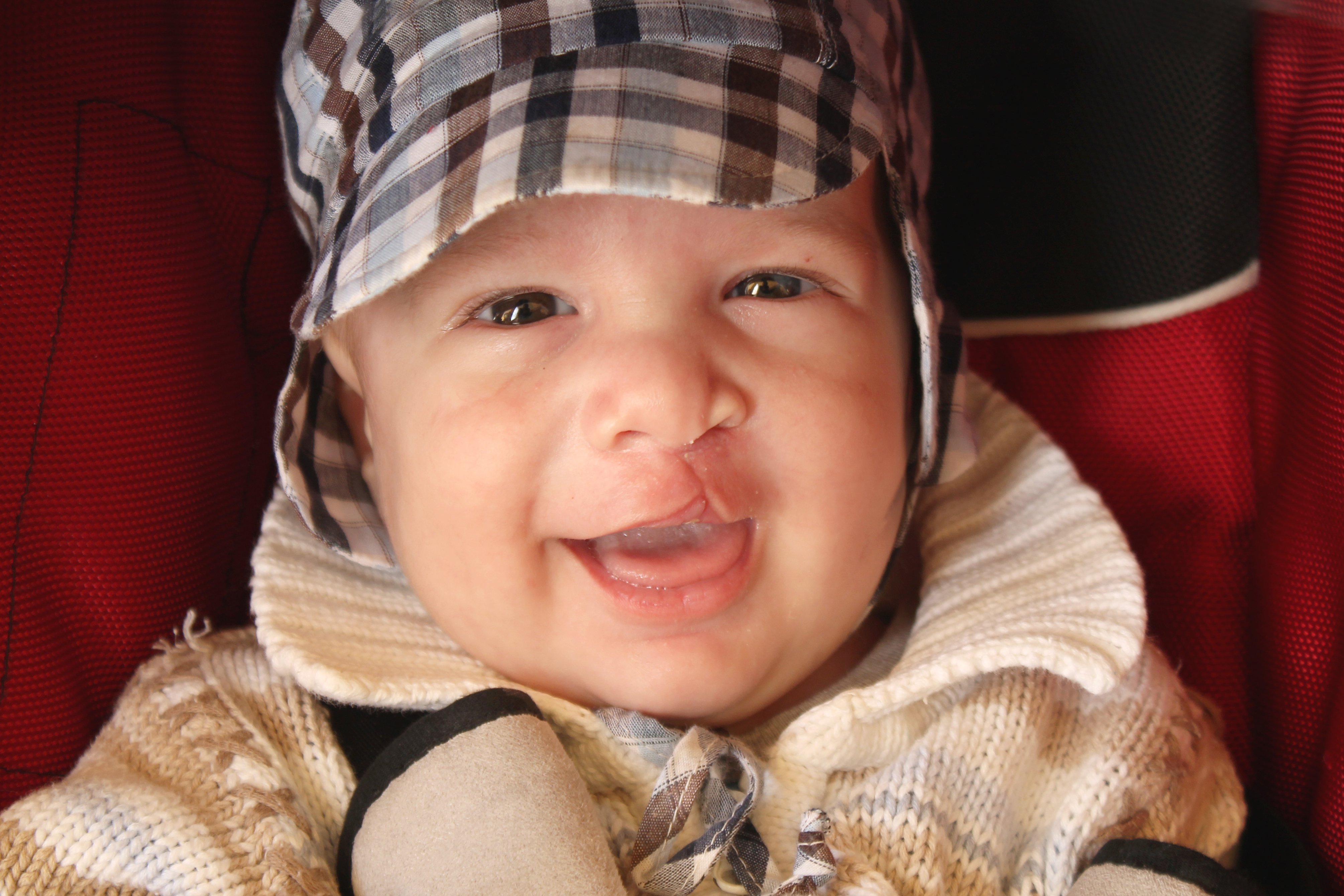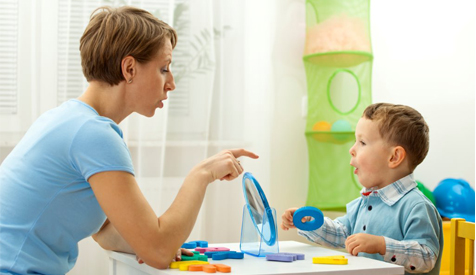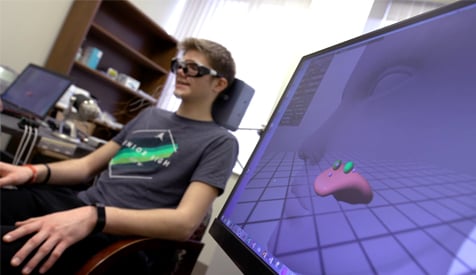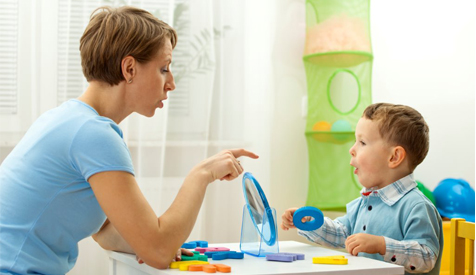Imagine: A child comes home from cheering for their favorite team at a high school game, and their voice sounds raspy. The next day when they wake up, their voice is gone completely and they can barely speak at all. Sound familiar? Maybe a similar occurrence has happened to you, except it was when you woke up with a bad head cold. This is something we commonly hear people refer to as “losing my voice.” What people think of as “losing their voice” can range from a hoarse, raspy voice to no voice at all. Have you ever wondered what exactly happens to our body to cause this to happen?
I'm Losing My Voice - What Does That Mean?
Tags: Speech, Language, Communication, Voice, talking
Are My Hearing Aids Programmed Correctly?
Tags: Speech, Hearing Aid, Audiology, Hearing Aids, Communication, Hearing, Hard of Hearing
More Talking Please! 7 Fun Activities to Promote Speech & Language in the Young Child
Everyday activities can be opportunities to expand learning – particularly for speech and language. Here are seven easy, familiar options you can do at home with your child that offer speech and language cues. Encourage the child to repeat words or anticipate the next word or sentence. For example, after we put on our socks, what comes next? Shoes.
Tags: Speech, Language, Communication, Learning, toddler, talking
What is Selective Mutism and How is it Treated?
Selective mutism is a complex childhood anxiety disorder characterized by a child’s lack of verbal communication in select social environments, such as school. Children with selective mutism possess the ability to speak, but are selective of the settings in which they choose to speak. They will often speak in environments where they feel safe, relaxed, and calm with familiar people such as parents or siblings, but will choose not to speak in environments where they are less comfortable. A common misconception is that selective mutism is a form of autism. Children with selective mutism may demonstrate lack of appropriate social language use that mimics those on the autism spectrum, but selective mutism is not indicative of autism.
Tags: Speech, Language, Communication, Stuttering, Learning, Voice, talking
What is the Difference Between Cleft Lip and Cleft Palate?
A cleft is any opening in a normally closed structure. A cleft lip is an opening in the lip, typically the upper lip. These clefts are more commonly unilateral (on one side of the lip) as compared to bilateral (on both sides of the lip). Unilateral clefts occur more frequently on the left side of the mouth. A cleft palate is an opening on the roof of the mouth. Clefts can be found in the hard palate (towards the front of the mouth), soft palate (more towards the back of the mouth) or both.
Tags: Speech, Language, Communication, Voice, talking, Cleft Lip, Cleft palate
Speech Therapy for Children: School vs. Private
Parents often wonder what they can do to help their child improve their speech and language skills. Many families seek additional private speech therapy to supplement school-based treatment.
While added speech therapy may be an advantage, it depends on the unique needs of your child. School-based speech therapy and private speech therapy differ in many ways. Before determining if your child would benefit from additional speech and language therapy, it is essential to know the difference between the two.
Tags: Speech, Language, Communication, Teens, Stuttering, Voice, toddler, talking
What Is Dysarthria?
Dysarthria is a motor speech disorder caused by damage to the central or peripheral nervous system – or sometimes both – as the result of a stroke or brain injury. People with dysarthria may have trouble with respiration (breathing), phonation (voicing), articulation (speech), prosody (patterns of stress and intonation) and resonance (e.g., nasality).
Tags: Speech, Communication, Stroke, talking
Opti-Speech: A Game-Changer in Speech Therapy
Let's face it, sometimes we give it our all and just don't see the results we desire. When you or your child has been working forever on a sound like "r" or "s" and the progress isn't happening, the results can be disappointing. I get it-- having one little speech sound error hang around comes with a whole host of problems. Whether it is jokes at your expense, anxiety meeting new people, or even bullying, you would do anything to make a change.
Tags: Speech, Communication, Teens, Voice, talking
Communication Skills for Children with Angelman Syndrome
Angelman syndrome is a rare neurogenetic disorder that occurs in about 1 out of every 15,000 people. Most people with Angelman have very limited speech, or no speech at all. If you’re the parent of a young child with Angelman, you may be wondering how you can help your child learn to communicate, since speech is not going to be their main way of communicating. Here are a few suggestions to get you started:
Tags: Speech, Language, Communication, Voice, toddler, talking
5 Things to Expect During a Speech Evaluation
If you are having difficulty understanding your child, you might want to consider a speech-language evaluation. An evaluation is a normal step to pursue when parents or caregivers suspect difficulty with communication.
Ask your pediatrician for a referral to a speech-language pathologist (SLP) - a professional who diagnoses speech and language difficulties. An evaluation will include the following:
Tags: Speech, Communication, Voice, toddler, talking





